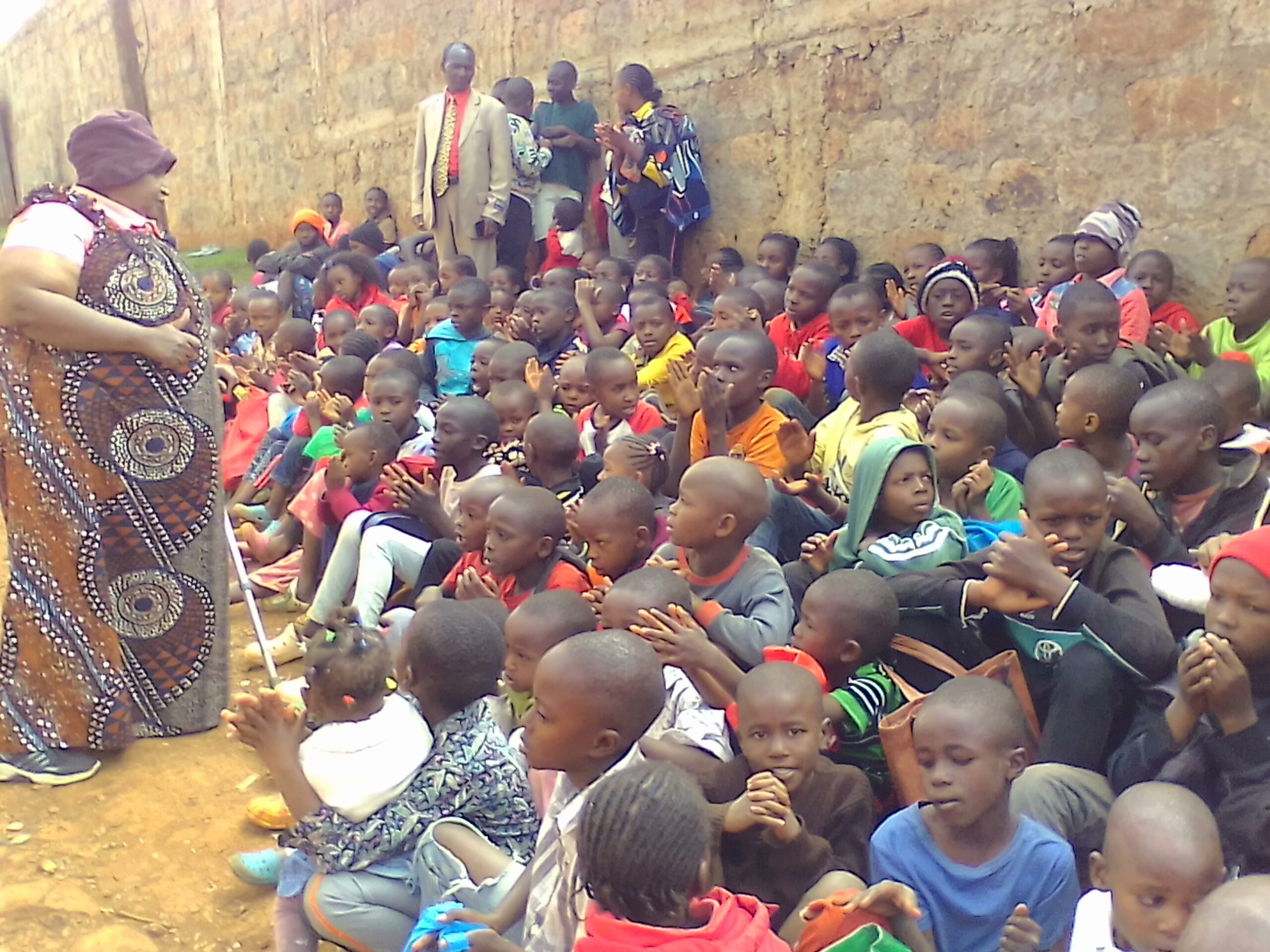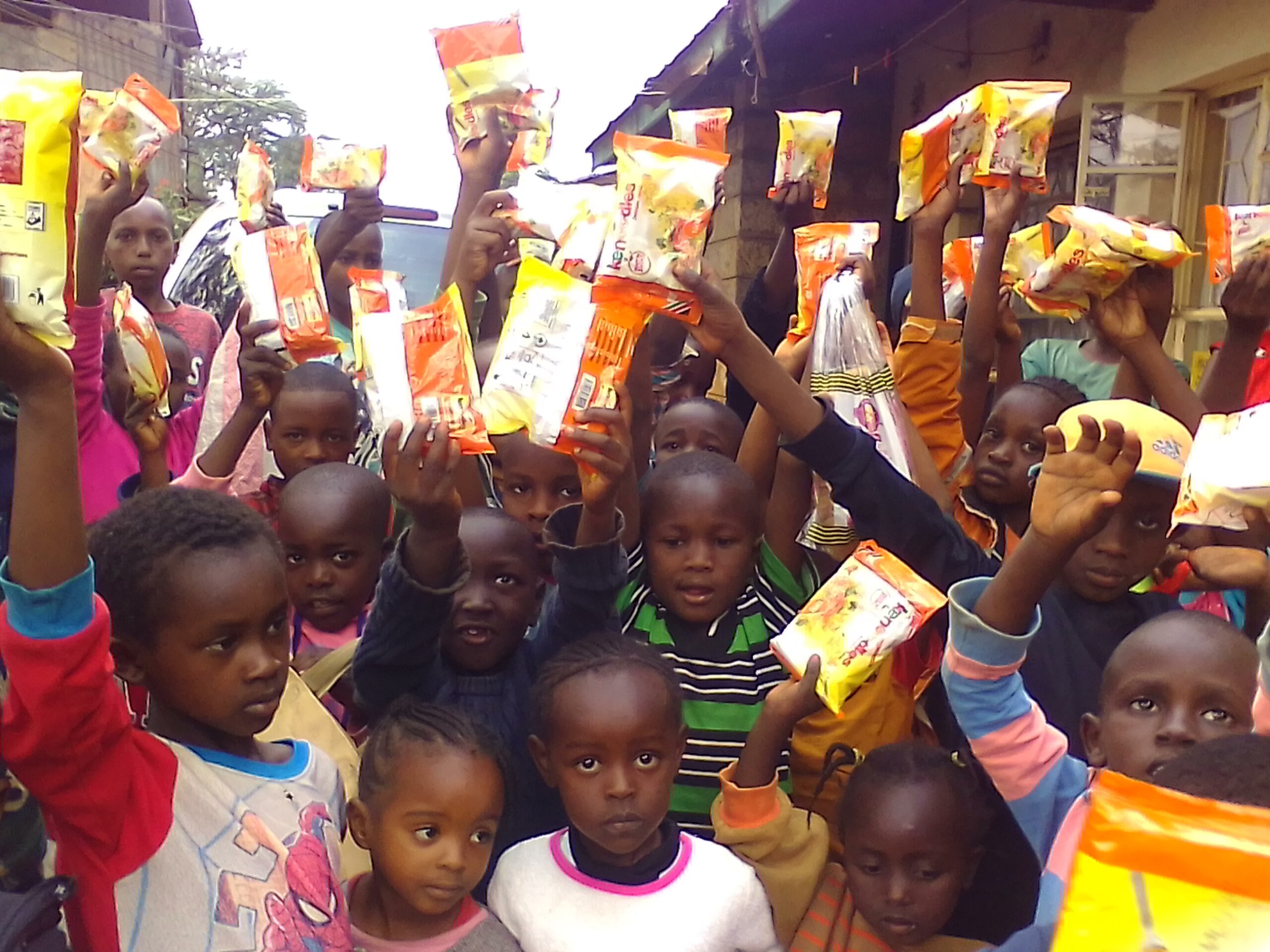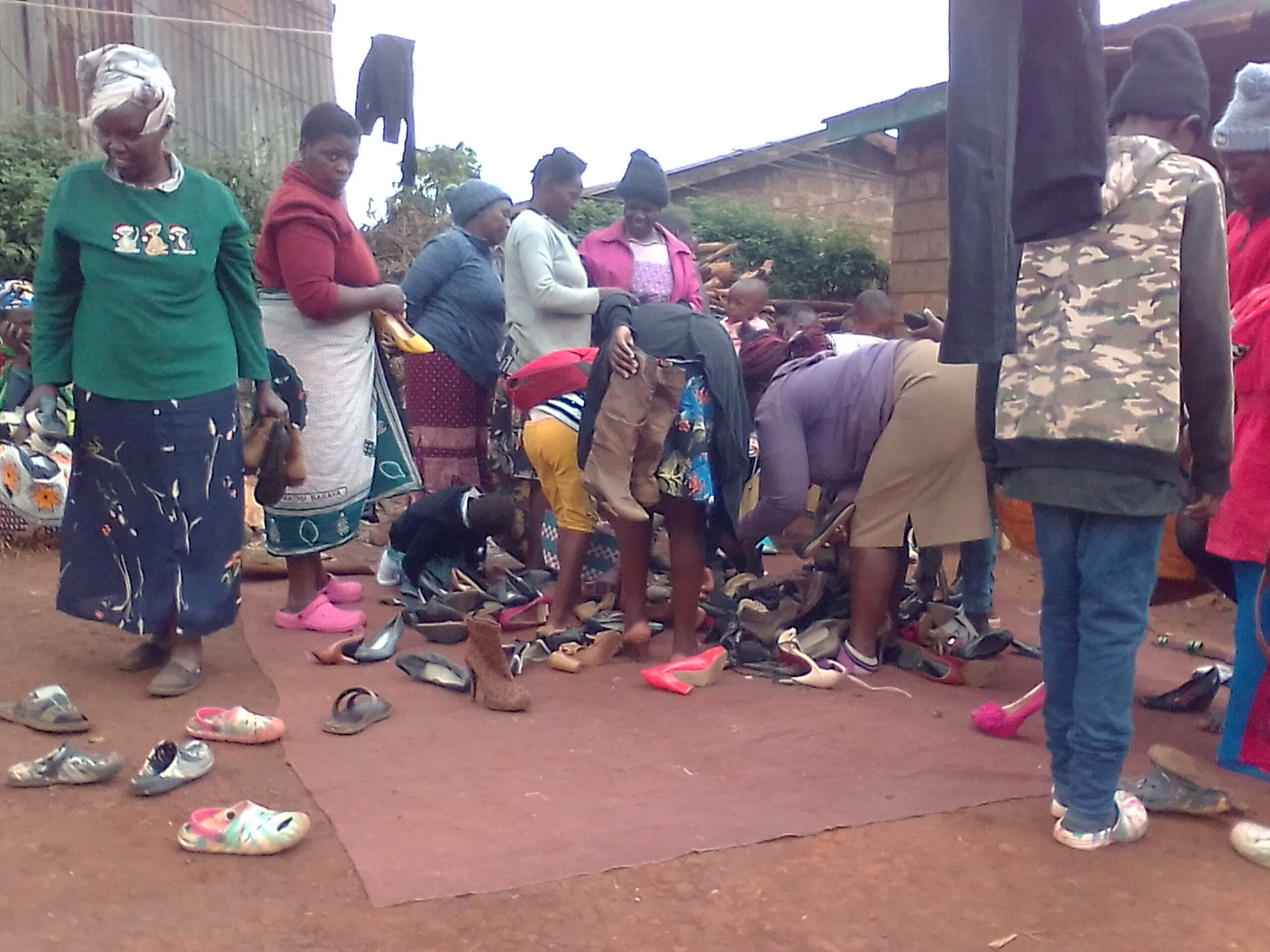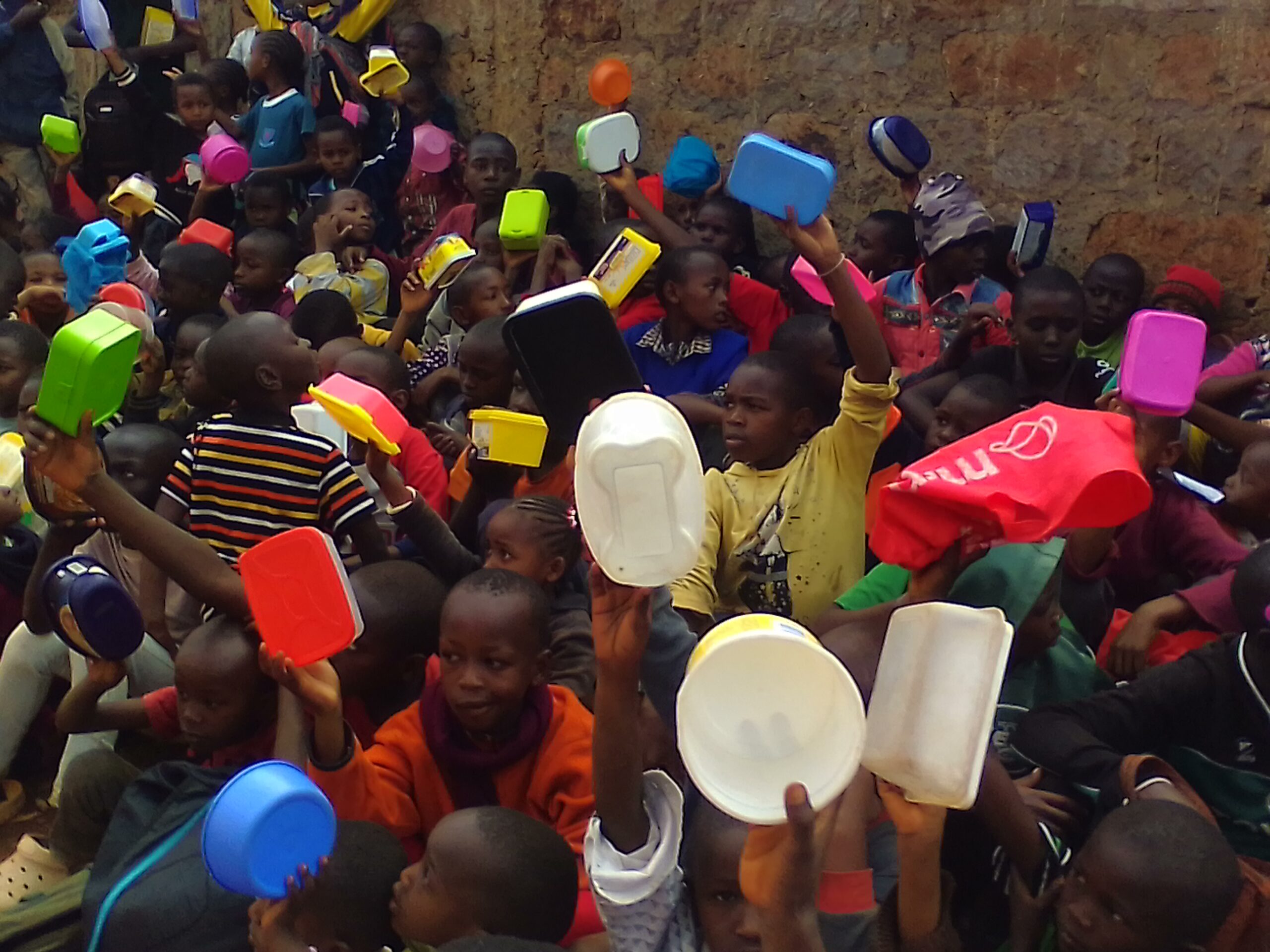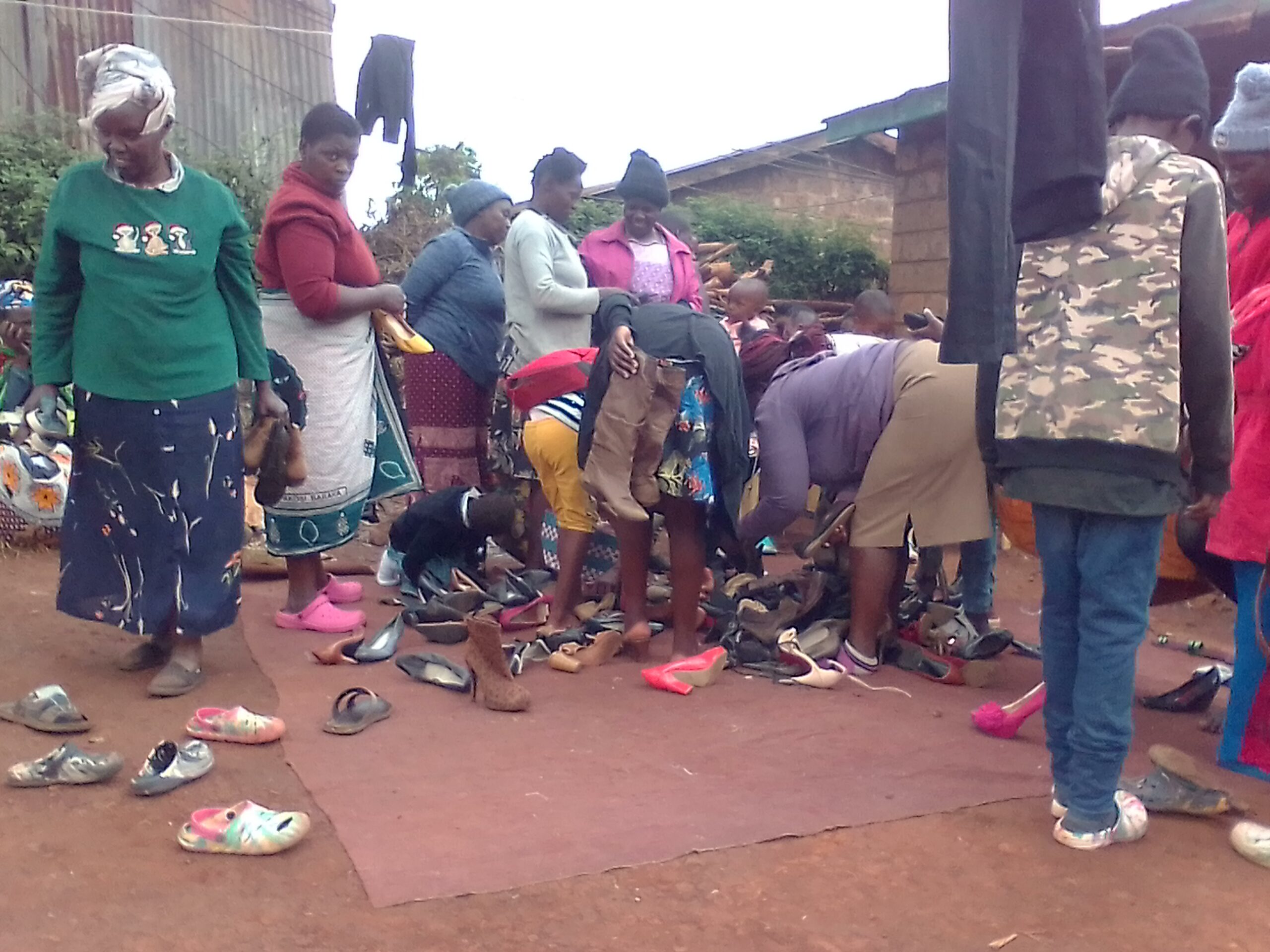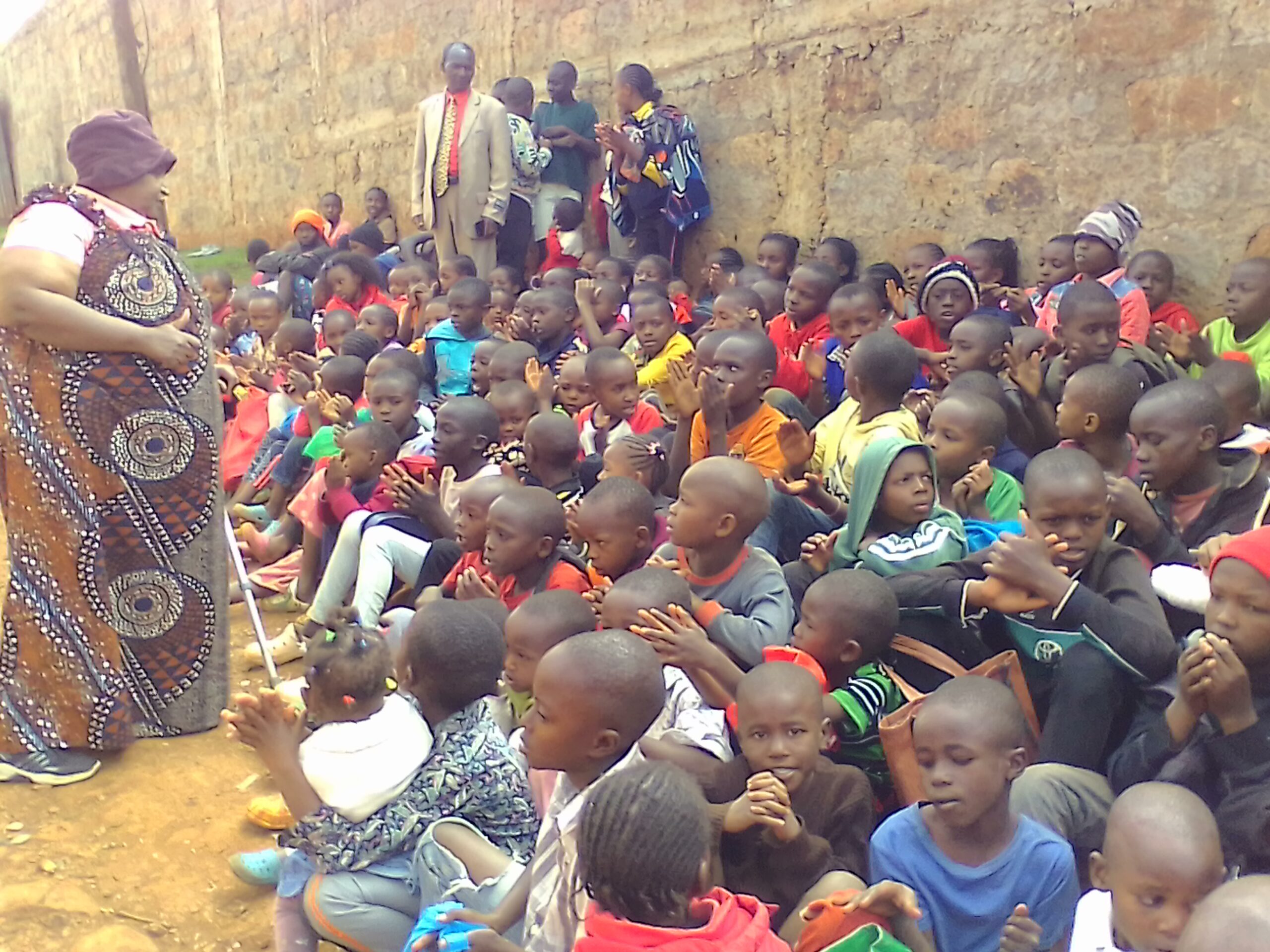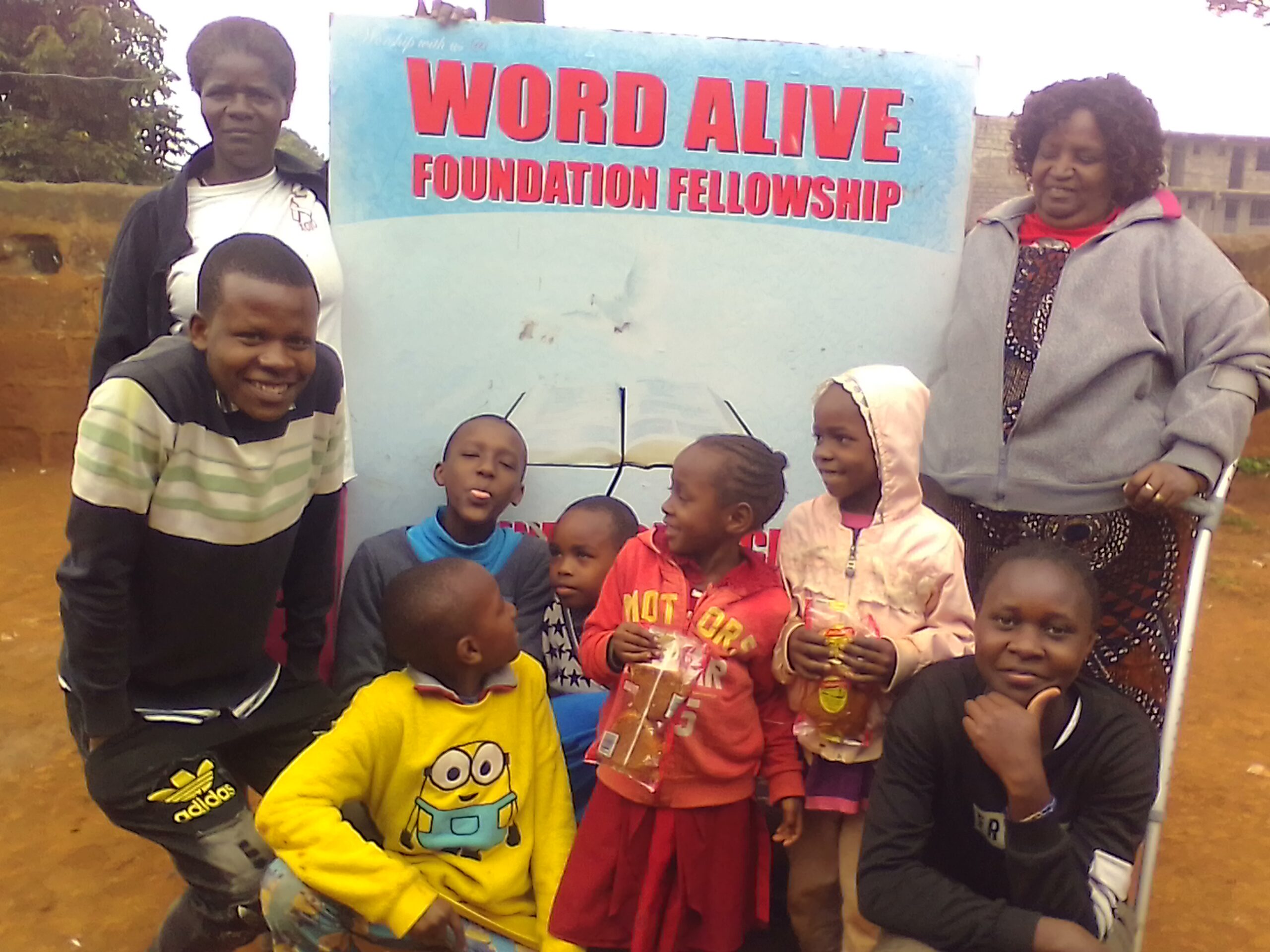About Us
The Empowering Lives, Building Futures project, founded in 1998 and registered in 2011, is rooted in the personal experiences of Reverend Rosemary Gichohi, who overcame childhood struggles with disability to create a foundation of hope.
Starting with outreach in the streets of Nairobi, the project now serves children, the disabled, the elderly, and marginalized groups by providing education, healthcare, and social support to break the cycle of poverty and exclusion. Its mission is to transform lives, restore dignity, and offer opportunities for a brighter future.
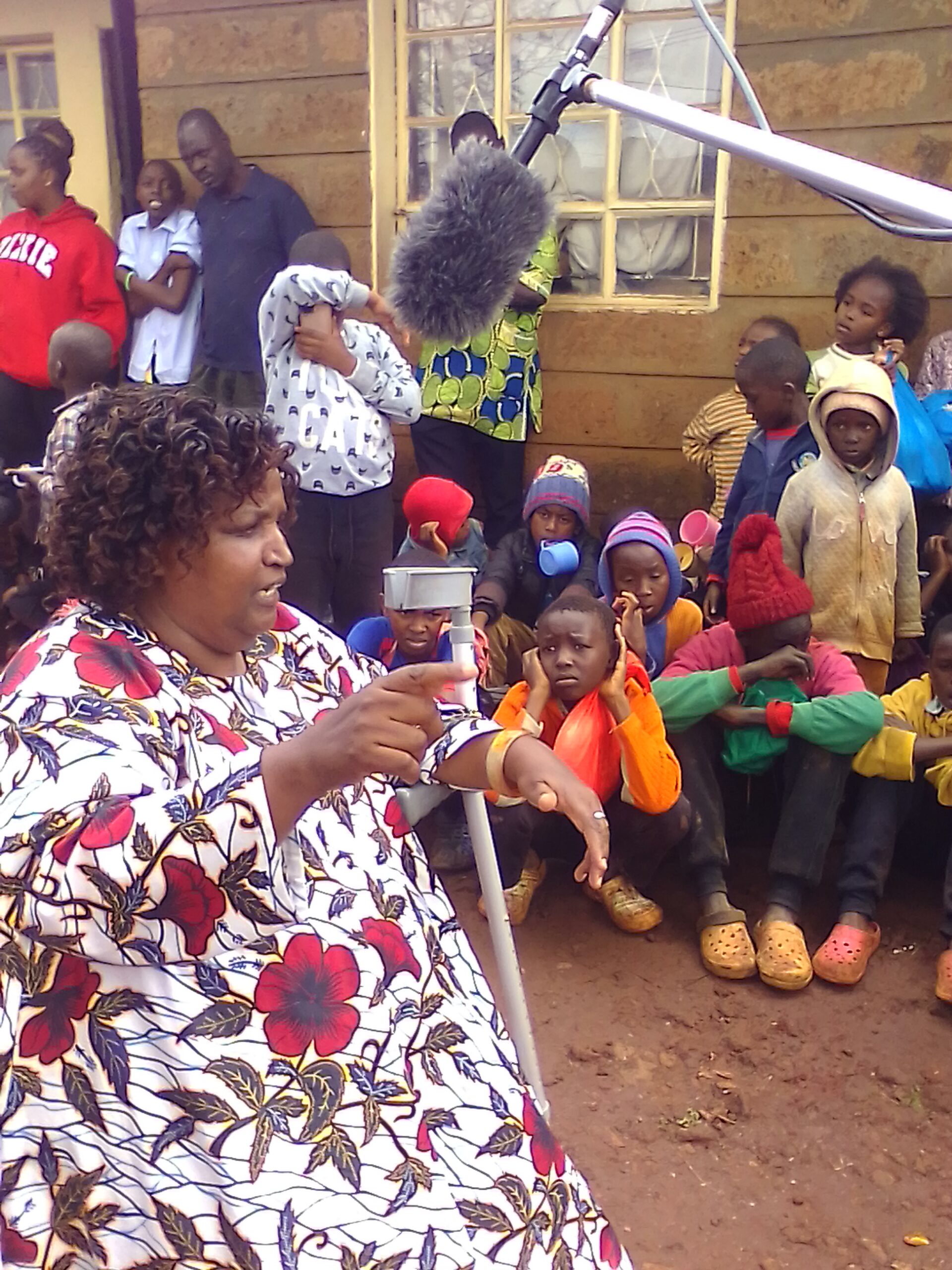
Our Mission
To empower vulnerable groups by providing access to education, healthcare, sustainable livelihoods, and social integration, breaking the cycle of poverty and marginalization. Our 5-year goal is to reach 1,500 families.
Our Goals
Education Support
Providing school fees, uniforms, and supplies to ensure children from vulnerable backgrounds can access quality education and build a brighter future.
Feeding Programs
Offering meals to children and families who often go without food, reducing hunger and improving overall well-being in the community.
Healthcare and Medical Care
Delivering essential medical services and support, including diapers for children with disabilities and addressing urgent health needs.
Support for Children with Disabilities
Empowering children with disabilities by providing resources like wheelchairs, medical care, and emotional support to enhance their quality of life.
Entrepreneurship Training
Guiding parents and guardians with skills training, counseling, and startup capital to help them achieve financial independence and better care for their families.
Our Impact
We currently sustain a feeding program four days a week and provide essential support to those in need, thanks to contributions from local well-wishers and donors.
Today, the project supports a total of 829 beneficiaries.
Urgent Needs
- Food and Clothing
- Diapers and Sanitary Towels
- School Fees and Supplies
- Wheelchairs
- Bedding
- Tents
Challenges
- Lack of Premises
- No Land Ownership
- Resource Shortages
- Education Gaps
- Special Needs for Disabled Children
